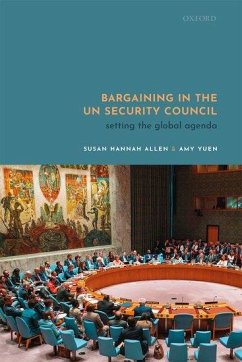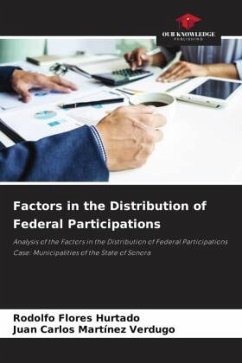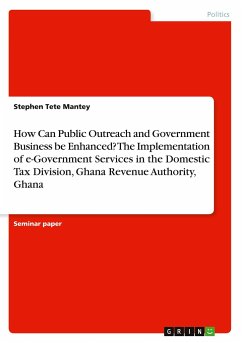
The Politics of Revenue Bargaining in Africa
Triggers, Processes, and Outcomes
Herausgeber: Kjær, Anne Mette; Bak, Ane Karoline; Ulriksen, Marianne S
Versandkostenfrei!
Versandfertig in über 4 Wochen
117,99 €
inkl. MwSt.

PAYBACK Punkte
59 °P sammeln!
This book offers in-depth analyses of micro-instances of revenue bargaining across five African countries. The case studies all draw on a common theoretical framework combining the fiscal contract theory with the political settlement approach, which enables a systematic exploration into what triggers revenue bargaining.












